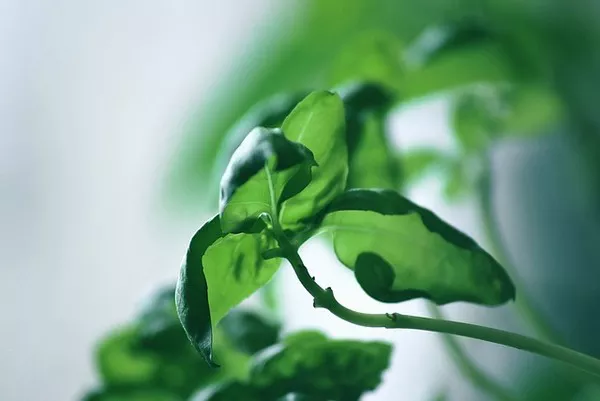A groundbreaking study conducted by researchers at the University of Copenhagen has unraveled the secrets hidden within plant cell walls, providing valuable insights into the construction of leaves and stems across the plant kingdom. Published in Perspectives in Plant Ecology, Evolution, and Systematics, the study has created a significant reference catalog encompassing cell wall compositions from 287 plant species, offering a comprehensive understanding of plant evolution.
The research team, led by botanist Louise Isager Ahl from the Natural History Museum of Denmark, emphasized the pivotal role of plant cell walls, likening them to skeletons in humans. By analyzing the ultra-complex carbohydrates within these cell walls, the researchers delved into the evolutionary history, growth forms, and habitats of various plant species, spanning from algae to vascular plants.
Contrary to expectations, the study revealed that the genetic heritage of plants plays a more influential role in determining cell wall structure than environmental factors. Growth form and habitat did not consistently correlate with similarities in cell wall composition, challenging prior assumptions. For example, plants in a Danish beech forest, despite sharing the same habitat, exhibited vastly different cell wall compositions.
Professor Peter Ulvskov from the Department of Plant and Environmental Sciences highlighted that the carbohydrate composition of a plant is closely tied to its place in the family tree, with heritage outweighing environmental influence. This means that morphologically similar species or those living in similar habitats can exhibit strikingly different cell wall structures.
The study’s extensive dataset, freely available to the public, has the potential to serve as a reference catalog for future research. Researchers hope it will be utilized for targeted breeding of crop plants, improving their cell wall properties for enhanced digestibility and sustainability. The dataset may also contribute to the study of climate-resilient plants, acting as a benchmark for understanding how different plant species react to environmental influences.
The researchers believe that a deeper understanding of plant building blocks, particularly cell walls and carbohydrates, is crucial in the face of climatic and environmental changes. By decoding these mechanisms, scientists can contribute to the development of more resilient plants, addressing the challenges posed by a changing planet deeply intertwined with the functioning of plants.


